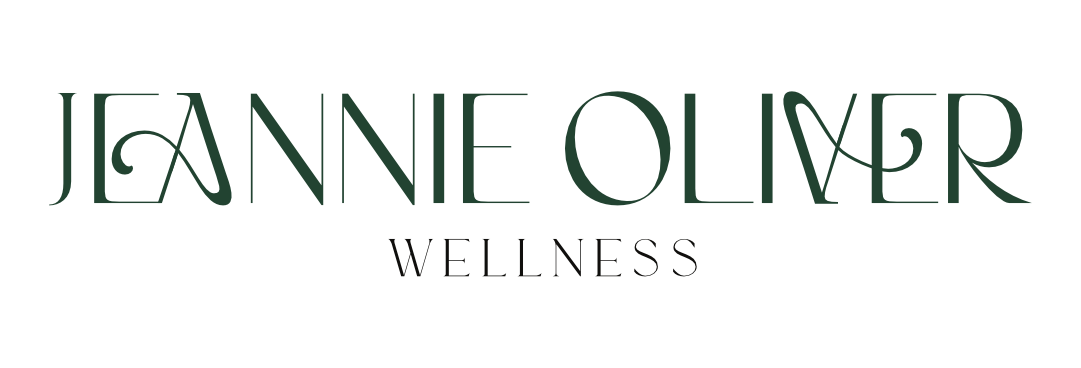A Natural Approach to Treating PCOS
Polycystic Ovarian Syndrome (PCOS) is one of the most common endocrine (hormone) disorders, affecting approximately 10 million women of all races and ethnic groups worldwide. It's the leading cause of infertility in women and can present at any life stage - from puberty through post-menopause. Most women with PCOS will have cysts on the ovaries, but as many as 30% of women will not have cysts. Women with PCOS experience an array of symptoms, including:
- irregular menstrual cycles
- obesity
- infertility
- pelvic pain with or without periods
- mood swings, depression or anxiety
- thinning hair on the head
- excessive body hair (hirsutism)
- fatigue and sleep problems
Because of the wide range of PCOS symptoms, fewer than 50% of women are properly diagnosed. Too often women simply accept the discomfort and don't inform their doctors until symptoms are at their worst. Even then, they are often misdiagnosed because so many of the symptoms can be attributed to other causes. Another reason for missed diagnosis is that PCOS has long been believed to be present only in obese women; we now know that it can affect women of any body weight including those who are normal or even underweight. Additionally, PCOS can present differently based on life stage, genetics, ethnicity, age and environmental and lifestyle factors such as self-care, exercise, and eating habits.
Causes of PCOS
Obesity and insulin resistance are health issues that are linked to PCOS and both affect hormonal function in the body. Insulin resistance relates to problems with regulating insulin, a hormone that allows the body to properly use glucose (blood sugar) for energy. When the body isn't as responsive to insulin as it needs to be, too much of it circulates in the blood and can cause a hormone imbalance.
Natural Solutions
Dr. Samuel Thatcher, an early pioneer in PCOS research and treatment, was among the first clinicians to advocate for a holistic approach to PCOS treatment. With the goal of enhancing a woman's quality of life, holistic health practitioners perform a thorough lifestyle assessment, blood tests, and dietary analysis. They then educate and guide women in using natural approaches to manage and heal from PCOS, such as:
- Lifestyle Improvements. A whole foods diet, exercise, stress management, and proper rest are essential to PCOS treatment. These approaches can create a positive shift in blood sugar level, mood, and body weight. Approaches will differ based on a woman's stage of life and complexity of symptoms.
- Supplement Support. Some of the herbs and nutrition supplements that may be used for PCOS aim to balance blood sugar level as well as hormones. These can include Nettle Root, Green Tea, Flax Seeds, Saw Palmetto, Licorice Root, Chaste Tree Extract, Trace Minerals, Vitamin D3, and Chromium.
Eating an anti-inflammatory, low-glycemic diet is also essential as it can help to balance hormones and optimize your body's detox process. Eliminate inflammatory foods including dairy, gluten, sugar, and refined "vegetable" oils (canola, soybean, peanut, safflower, anything hydrogenated) and processed foods. Increase your intake or organic non-starchy vegetables, clean proteins (organic, pasture-raised and grass-fed only, minimizing beef and avoiding pork) and healthy fats.
Many of the personal care products we use can also act as hormone disruptors, so ditch the conventional hair, skin and body products and opt for non-toxic, fragrance-free products. I've put together a list of some of my favorites here. EWG.org's Skin Deep database and the Think Dirty app are also excellent resources.
If you think you have PCOS, speak with a holistic practitioner about the approaches best suited to your symptoms and needs. It is crucial that you get a comprehensive hormone panel to determine imbalances, so be sure to ask your doctor for this.

